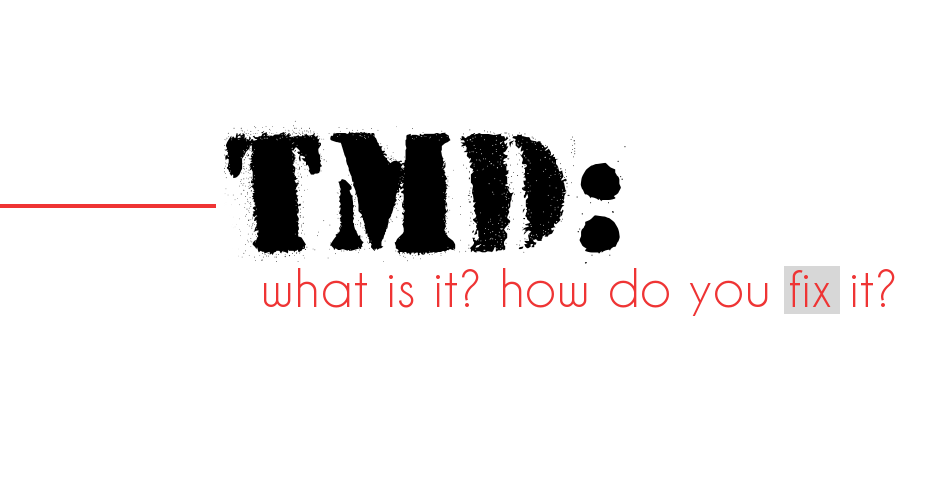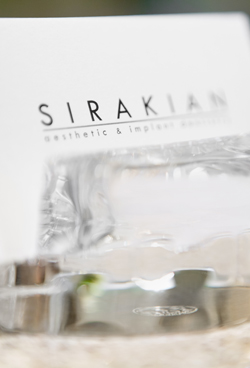
Have you ever experienced jaw pain? Maybe when you wake up in the morning you have tenderness in your face and problems opening your mouth? Or perhaps you hear a clicking or popping sound when you chew? If you have experienced any of these symptoms you may have TMD, otherwise known as temporomandibular disorder.
What is TMD?
The temporomandibular joint is the hinge that connects the jaw to the bones in the skull. This joint makes it possible for the jaw to move up and down, side to side, and also allows for chewing, talking, and yawning to take place.
While the cause of TMD is not certain, it is believed that activities such as grinding or clenching your teeth, arthritis, and stress are all causes of TMD. There are many symptoms associated with TMD which typically affects people ages 20 to 40. You may have problems opening your mouth wide, experience pain or tenderness in the jaw joint or neck and shoulders. Clicking and popping when chewing could also occur, along with swelling on the side of your face. Headaches, toothaches, and earaches are also common symptom.
Treating Jaw Pain & TMD
While TMD is a painful disorder that alters your day-to-day activities, the good news is that your dentist can help fix it. Here are three things a dentist might try to treat TMD.
-
Medications
-
Splint or Night Guard
-
Dental Work
The right medication can make a huge difference in alleviating the pain caused by TMD. Often times a muscle relaxer will be prescribed to relax the jaw if you grind or clench your teeth. A dentist may also prescribe medications for pain or swelling if your symptoms are severe.
Relieving your TMD symptoms may be as simple as popping in a night guard before going to bed. Night guards and splints help protect your teeth from clenching and grinding which helps correct your bite. A night guard is worn when sleeping, while a splint is worn all the time. Ask your dentist if a night guard or splint is right for you.
If your TMD is so severe, and non-surgical tactics haven’t worked, there are multiple procedures your dentist can perform in order to ease the pain. A dentist can replace missing teeth, or add crowns, bridges, or even add braces to help correct your bite.
If you experience jaw pain that might be TMD, don’t hesitate to visit to your local Andover, MA dentist’s office. Schedule an appointment with Sirakian Aesthetic Dentistry and we can find the right solution for you.
Tags: lists







